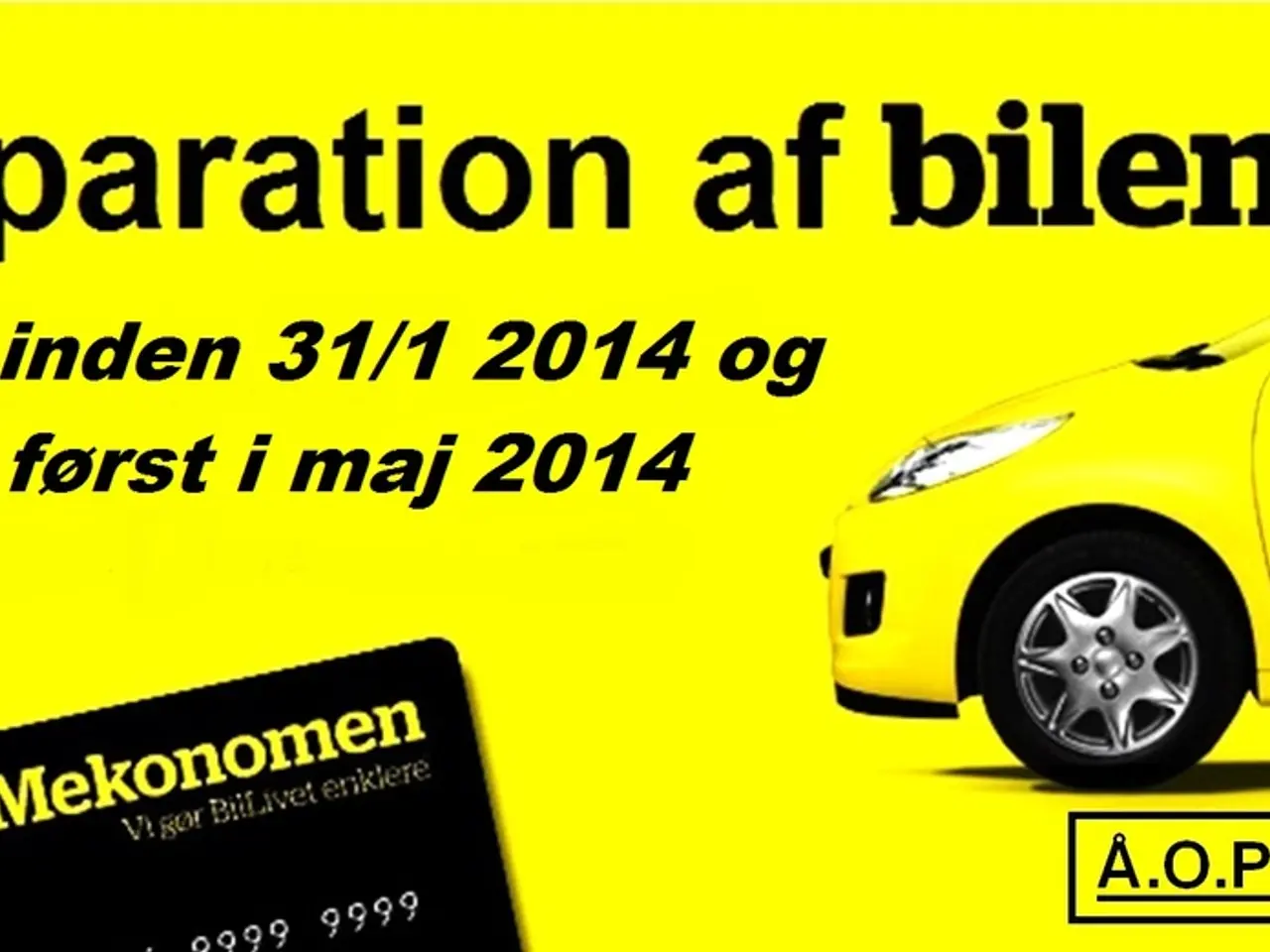Canada Developing New Electric Vehicle Incentive Plan Upon Conclusion of iZEV Budget
In a bid to boost electric vehicle (EV) adoption, the Canadian government is working on a renewed federal EV rebate program. This program is set to replace the previous Incentives for Zero-Emission Vehicles (iZEV) program, which ran out of funding earlier in 2025. While details about the new program's official name and launch date are yet to be announced, Environment Minister Julie Dabrusin confirmed in June 2025 that consumer rebates for EVs will return [3].
In the interim, the government has increased the federal EV rebate for 2025. New battery electric vehicles (BEVs) are eligible for a maximum rebate of $12,000, up from the previous $5,000 limit. Plug-in hybrids can receive up to $6,000, hydrogen fuel cell vehicles qualify for $12,000, and used zero-emission vehicles can receive a new $3,000 rebate [1].
However, the situation regarding Tesla's inclusion in the new program remains unclear. The controversy surrounding Tesla's $43 million rebate claims during the final weekend of the iZEV program has led to a government freeze and investigation [2]. As a result, federal officials have indicated that Tesla may be excluded from future incentives while U.S. tariffs remain in place. Transport Minister Chrystia Freeland has suggested that Tesla would not benefit from upcoming rebate programs under these conditions [2].
Tesla has responded to these developments by defending its actions in a letter to Transport Canada. The company asserted that its claims were valid under program rules and criticised the government's communication, while highlighting its investments in Canadian jobs and clean energy [4].
It is worth noting that the future of the iZEV program is uncertain due to its pause ahead of the federal election. The new rebate program is being developed as a replacement for the iZEV program and is being designed to support both consumers and Canadian jobs.
The EV market in Canada has seen a noticeable impact from the pause in rebates, with EV sales across the country affected [1]. This comes as the percentage of zero-emission vehicles (ZEVs) in new light-duty vehicle registrations dropped significantly in Q1 2025, accounting for just 9.7% of registrations [5].
Looking ahead, Canada's Electric Vehicle Availability Standard will require at least 20% of new light-duty vehicle sales to be zero-emission, with the percentage increasing each year until all new vehicles sold in 2035 are zero-emission models [5].
The exact structure and eligibility criteria, especially for manufacturers like Tesla, will depend on ongoing policy decisions. Minister Dabrusin did not confirm whether the new program would retain the iZEV name [3]. It remains uncertain whether Tesla will be included in the new rebate program due to ongoing U.S. tariffs.
References: [1] CBC News. (2025, June 23). Federal EV rebate programme to offer up to $12,000 for new battery electric vehicles. Retrieved from https://www.cbc.ca/news/business/federal-ev-rebate-programme-1.6108937 [2] CBC News. (2025, June 24). Tesla criticizes government's communication in letter over potential exclusion from EV rebate program. Retrieved from https://www.cbc.ca/news/business/tesla-ev-rebate-program-1.6109175 [3] CBC News. (2025, June 23). Canada's new electric vehicle rebate program to replace iZEV programme. Retrieved from https://www.cbc.ca/news/politics/new-electric-vehicle-rebate-program-1.6108936 [4] CBC News. (2025, June 24). Tesla defends actions in letter to Transport Canada over EV rebate controversy. Retrieved from https://www.cbc.ca/news/business/tesla-ev-rebate-controversy-1.6109178 [5] CBC News. (2025, May 19). Electric vehicle sales plunge in Canada as federal incentives dry up. Retrieved from https://www.cbc.ca/news/business/electric-vehicle-sales-plunge-canada-1.6102893
- Amidst the uncertainty surrounding Tesla's inclusion in the new federal EV rebate program, consumers are still encouraged to consider other smartphone and lifestyle technology offerings, such as the latest iPhones or new electric-vehicle gadgets, as they wait for the program's details to be announced.
- With the increase in federal EV rebates for 2025, more individuals might be motivated to upgrade their current smartphones to fund the purchase of an electric vehicle, such as a sleek Tesla Model 3 or a hybrid Toyota Prius—popular choices in the Canadian market.
- In parallel with the renewed federal EV rebate program and Canada's Electric Vehicle Availability Standard, it's also essential to consider the long-term impact of technology and innovations in smartphone charging and electric-vehicle battery life, as they could revolutionize our daily commuting and lifestyle experiences in the coming years.




